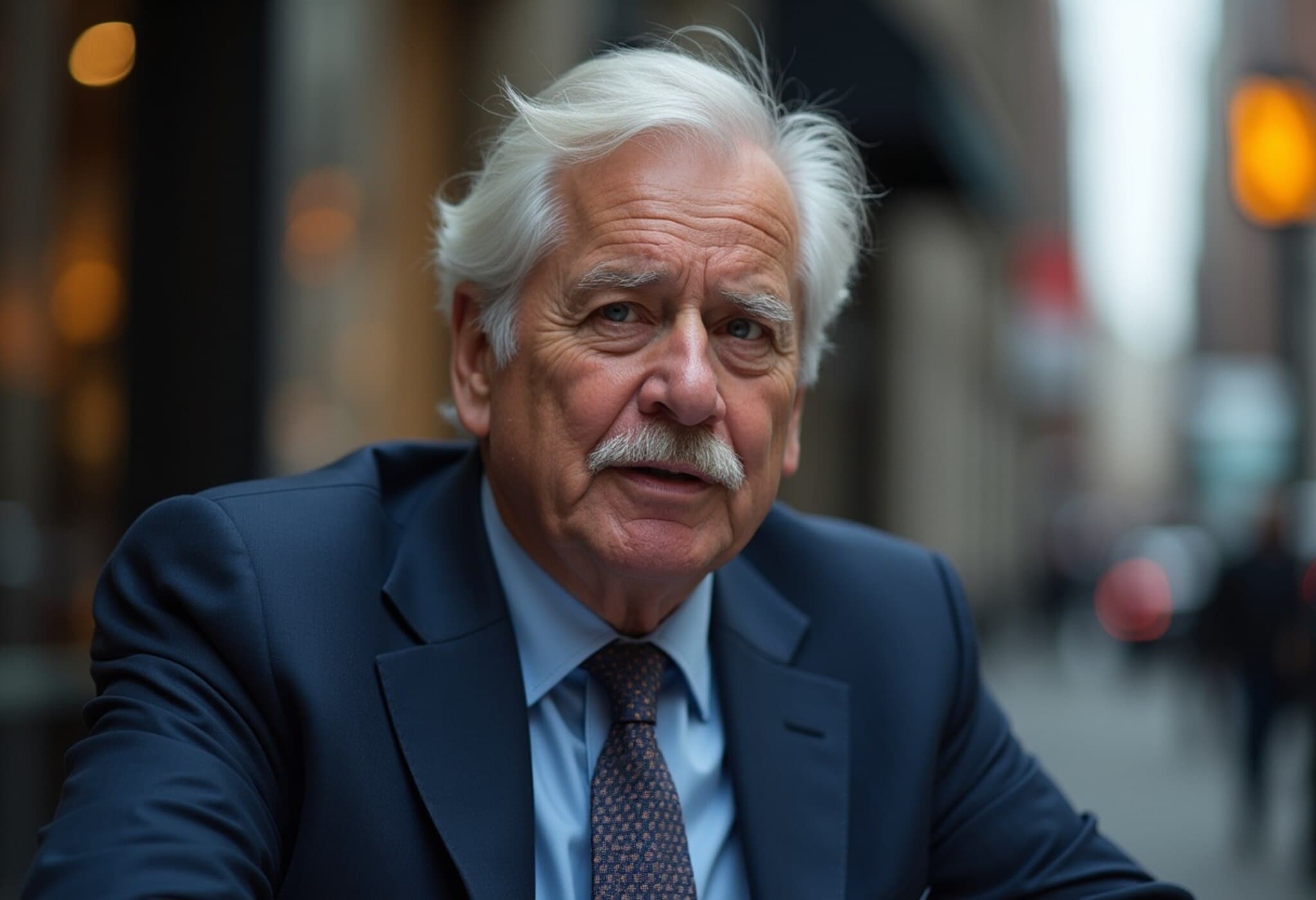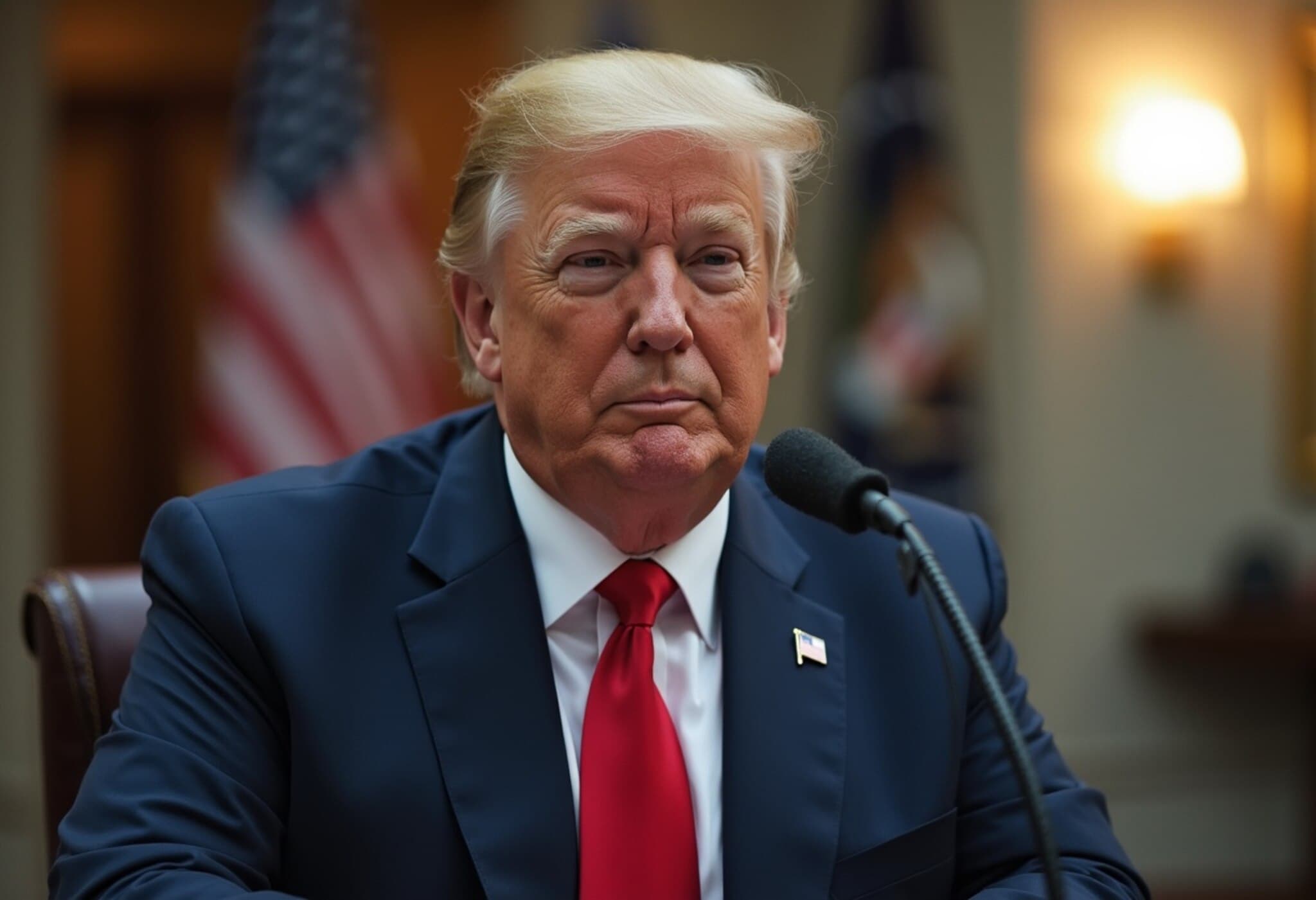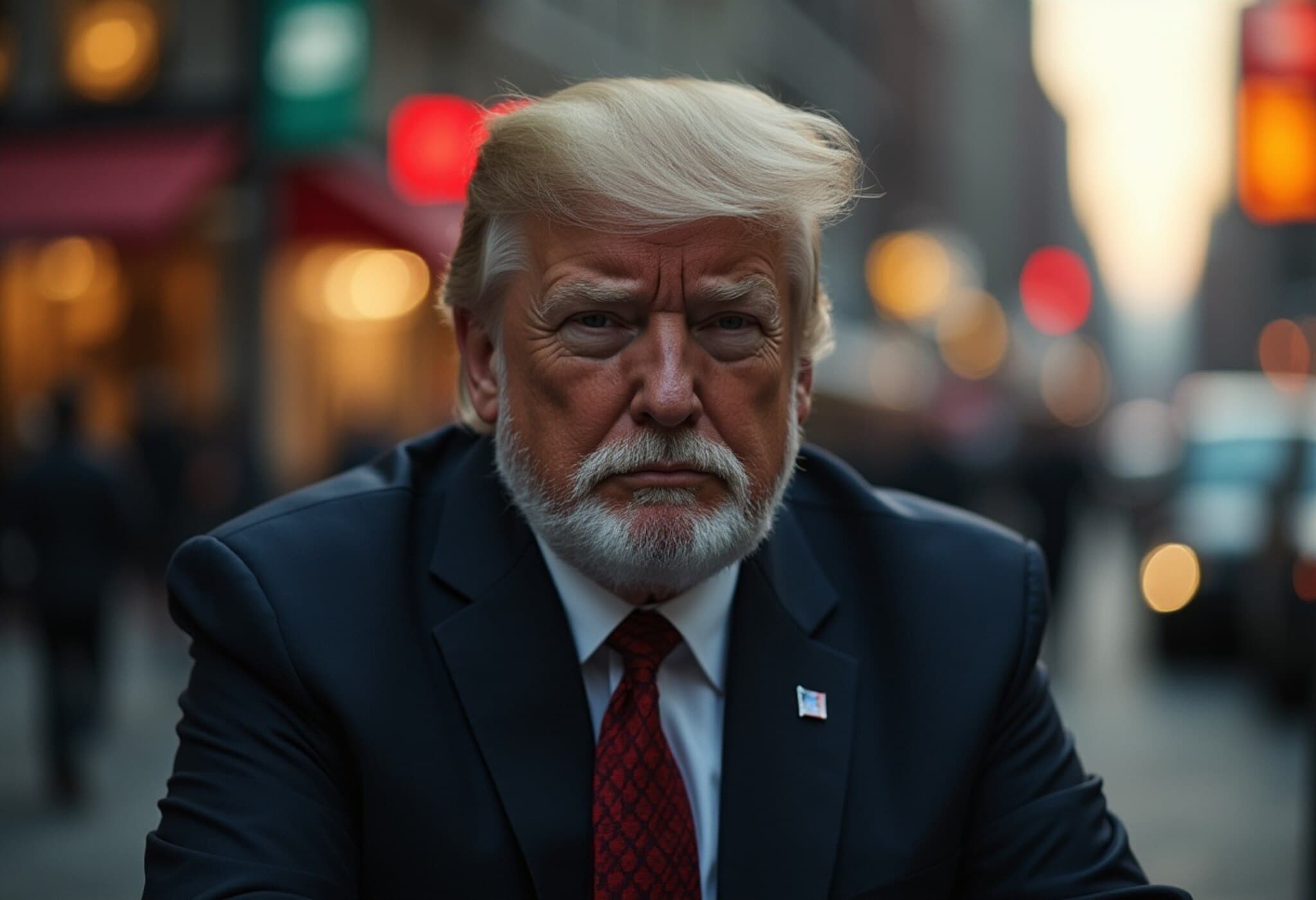From Google Veteran to Fintech CEO: Caesar Sengupta’s Journey
Caesar Sengupta, co-founder and CEO of Arta Finance, a rapidly growing fintech startup, offers a rare glimpse into the psychological resilience required to navigate the unpredictable rollercoaster of entrepreneurship. With a $92 million funding war chest and the backing of top investors like Sundar Pichai and Sequoia Capital India, Sengupta’s story resonates deeply in today's startup ecosystem.
Mastering the Noise: Meditation as an Entrepreneur’s 'Superpower'
The entrepreneurial path is often riddled with distractions, rapid changes, and immense pressure. Sengupta emphasizes that the most valuable tool an entrepreneur can develop is the ability to “ground themselves” amid this cacophony. “There’s so much noise in the world,” he said, stressing how the challenge lies in discerning what truly matters.
His top recommendation? Meditation. Reflecting on his early startup days, Sengupta confides, “I wish someone had told me three years ago: ‘Dude, everything else will be fine. Just sit down, meditate, and learn when to tune out.’” This simple habit, he explains, has become critical not only for clarity in decision-making but for maintaining mental equilibrium.
Meditation Beyond the Cushion
Interestingly, Sengupta integrates meditation with physical activity. He describes cycling as one of his meditative practices — a sacred space where he is unreachable and fully present. For him, it’s less about exertion and more about unplugging from external demands, providing a mental reset that is invaluable in the startup grind.
The Big Leap: Transitioning from Corporate Life to Startup Fragility
Spending 15 years at Google, Sengupta developed products such as Google Pay and the company's '' initiative. But leaving a large tech giant for the uncertain startup world posed challenges well beyond a new job description.
“Risk changes its meaning,” Sengupta says candidly. “At a big company, risk is contained. At a startup, you’re fragile.” For entrepreneurs making this transition—especially later in their careers—the leap can be jarring, injected with moments of joyful confidence and daunting self-doubt.
He reveals, “There are days you feel 100% sure and days where you wonder, ‘What did I just do?’ But that tension, that uncertainty, is what I actually love about building something new.”
The Hidden Emotional Cost of Startup Life
Behind the glamour of innovation lies a common yet under-discussed struggle: the sacrifice of personal well-being. Sengupta warns that entrepreneurship, by its very nature, can drain an individual’s health, family time, and mental fortitude if left unmanaged.
“Startups can pull you in so deeply it’s easy to get consumed—to the detriment of your own well-being and relationships,” he shares. This candid admission underscores a critical mental health challenge facing many founders who endure high stress without adequate support mechanisms.
Expert Insights: Why Mental Health Must Be Startup DNA
Sengupta’s practices offer actionable lessons for entrepreneurs everywhere:
- Set Boundaries: Clearly define work and personal time to prevent burnout.
- Develop Mindfulness Habits: Even brief daily meditation can sharpen focus and emotional regulation.
- Physical Activity as Mental Reset: Engage in exercise that doubles as meditative time.
- Accept Fluctuations: Embrace the emotional ups and downs as part of the journey, not signs of failure.
Looking Ahead: Arta Finance’s Vision and Impact
Founded in 2021, Arta Finance is positioning itself as a transformative fintech player with a robust funding base from globally recognized venture firms. Their innovation could influence millions, signaling significant economic implications for American fintech growth and financial inclusion.
As the company scales, Sengupta’s reflections on balancing risk and resilience offer a vital playbook for sustaining leadership in fast-paced markets.
Final Thoughts
In a world fixated on hustle culture, Sengupta’s embrace of meditation and mindful pauses challenges the narrative that relentless work alone breeds success. His advice shines a spotlight on the human behind the CEO — reminding entrepreneurs that safeguarding mental health is not a luxury, but a strategic imperative.















